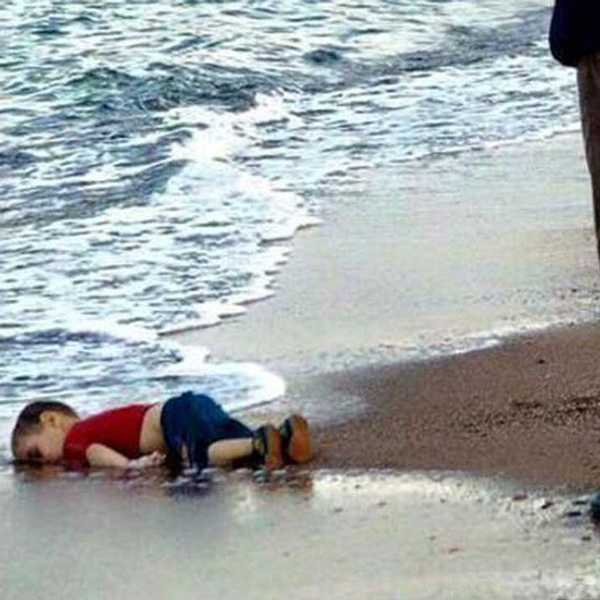The Syrian refugee crisis has been a contentious subject over the past few months which has been discussed through every platform from Facebook to university lecture rooms. While very few people are completely unwilling to aid people in need, the political and economic ramifications of accepting refugees into our communities has highly polarized the conversation. The fear holding the American populace in this situation is absolutely understandable. The ever-present threats of terrorism and regional economic instability have backed the nation into a corner with limited options, though the sensationalist media and two-party political institutions have definitely not always helped steer legislation in the right direction. I don't think that reluctance to make grandiose decisions based on fear is a controversial stance. Development of an informed opinion on the subject from the humanist, as well as the alternative, perspective is crucial to truly follow current events.
There are over 20 million refugees across the globe right now, officially marking the events surrounding this phenomenon the worst refugee crisis in recent history. Amnesty International, a global human rights group, addresses this and more as it points out that while Europe is experiencing unprecedented levels of incoming refugees seeking resettlement the Middle East, Africa, and South East Asia host the world's majority. Obama's commitment to resettle 10,000 refugees in 2016 is not an extreme promise considering this. Many of the ten countries that are hosting 90% of the people affected cannot afford to safely house or feed the entirety of their current refugee population. Many individuals in America believe that we have no obligation to intervene in these circumstances; however, the groups affected by armed conflict and war fall under the United States' obligation pursuant to international law. The 1981 UN Torture Convention and 1951 UN Refugee Convention ensure that individuals cannot be returned to situations accompanied by risk of irreparable harm or persecution due to politics, religions, race, etc. Hence, those escaping the armed group calling itself the Assad Regime or Islamic State fall under these international precedents. The disproportionate burden placed on Europe and other refugee-heavy regions emphasizes the need for our international cooperation.
As mentioned previously, the looming threat of terrorism has fired up Islamophobic hatred and demand for higher standards of resettlement. The present standards of the resettlement process tend to be particularly lengthy and safe though. Only UNHCR, the UN agency over those seeking asylum, registered Syrians that have been identified as being severely at risk are considered in the United States. Women and children traveling alone, those affected by major health problems, and torture victims are the demographics most commonly considered and given priority.
Furthermore, eight key actions have been identified as necessary for the international community to enact for refugee protection. The main platform consists of a humanist approach, valuing a multifaceted commitment to aid. Combating the rampant xenophobia within affected governments, ranging from claiming that migrants are directly to blame for the political or economic problems in the region to actively avoiding the creation of policies that address xenophobic violence, is a top priority. The need for an international summit seeking the increase of global cooperation also demands attention. Additionally, the ratification of the Refugee Convention and an outright commitment to saving lives heavily tie into the suggested changes. The necessary paradigm shift geared towards guaranteeing fundamental rights and access to services to refugees then encourages the development of acceptable domestic refugee systems. Part of this plays into the need for states to combat human trafficking by prosecuting gangs responsible for these actions. Along this the UNHCR identified that at least one million resettlement and humanitarian admission places are required; over the next five years, approximately 300,000 placement will be needed every year for the next five years. Finally, the establishment of a UN humanitarian appeals fund would provide meaningful financial support to aid refugees and their host communities.
Consider the feasibility of the above suggestions and think of how easily they could be enacted into policy within the context of global cooperation. No international issue of this scope is an easy fix, of course. Criticism of this approach can be particularly well founded, but the lack of human empathy in the spotlight at the moment may streamline a path into darker days for us all. Empathy is the human component this discourse needs lately.





















